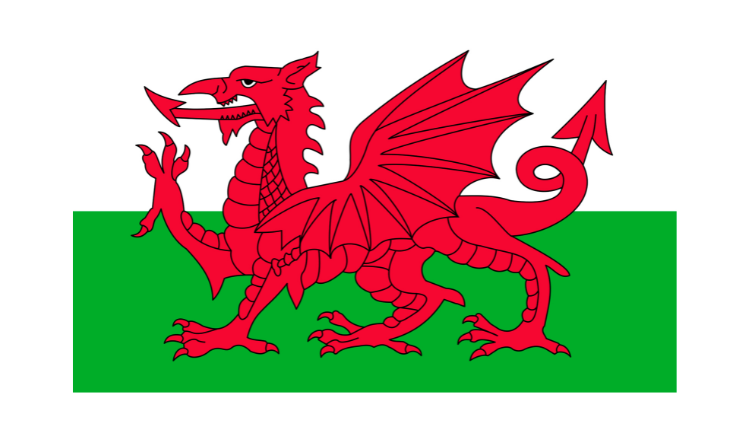Vicky Hutchin, Persona Doll Training
Persona Doll Training (PDT) provides training for practitioners on diversity, equality and inclusion through a storytelling approach, using a special doll called a Persona Doll. It’s a brilliant way to celebrate diversity and promote equality with young children, supporting inclusivity, as well as boosting their own wellbeing and empathy with others. We are pleased to announce that at PDT we have just received a grant to provide training and more at a reduced price exclusive for childminders!
Celebrating diversity and promoting equality
Persona Doll storytelling sessions provide a safe space to discuss issues that we adults can find difficult to talk about with young children, such as racism, sexism, disability and learning differences and prejudice against others who seem different to ourselves. You will find that it is a great way to raise awareness about diversity as well as raising children’s own self-esteem, wellbeing and building their resilience. It is a practical and user-friendly approach, supportive to you as the storyteller as well as to the children.
How Persona Doll storytelling works
Persona Doll storytelling involves creating stories about a lifelike doll for which you have created an identity and family background, as if it was a real child. Some of this will be similar to the children you work with but with several differences so that it becomes an individual in its own right. This helps you introduce and promote diversity to the children. As you see in this photo, we have a wide range of dolls to choose from to help you show difference as well as similarity. The Persona Doll is your doll as the practitioner working with the children – not a toy for the children to play with. It is just for using in the Persona Doll story sessions, and comes to ‘visit’ you and the children for the sessions.
Once you have created the Persona and the family background (sisters, brothers, parents and extended family etc) you are ready to introduce the doll to the children. The identity or ‘Persona’ you create will not change although the family can grow and change as time goes on to reflect things that possibly worry your children or just ideas to reflect ideas of family diversity you want to introduce to them – perhaps a new baby, a grandparent moves in, the family move house or maybe the parents are no longer together and there are now new relationships.
As you introduce the doll with its similarities to the children (liking the same games and food perhaps), you will find that the children don’t only identify with the doll, but really bond with it, as if it is another child. Over the next few sessions you will be begin the stories about the doll’s life. From the outset the children are not passive listeners, they become involved in asking questions, making links between their own lives and that of the doll, and becoming aware of differences. The doll is seen by the children as their friend.
Most stories about the doll are happy every-day type stories which may have a lot of similarities children’s own lives, but sometimes unfair things happen, such as being excluded or name called. At this point the children are asked to help solve the problems with their own ideas. Empathy for the dolls plight develops immediately, but you are developing the children’s problem solving and critical thinking skills, developing understanding about fairness, respect and how to support others.
Persona Doll Training has been in existence in the UK for over 20 years, so this way of working has been tried and tested by a large number of people who work with young children of nursery and primary school age. The idea originated as a way to promote equality and address issues of prejudice in the US, but nowadays, thanks to online training we train people all over the English-speaking world, including those in the US and in several European countries too. To date very few childminders have been involved in using Persona Dolls with their children in their homes. The approach works well with children from 2 upwards, including all the children you may be caring for after or before school. At last, with the help of a grant, we are able to make a special offer exclusive to childminders. More details coming soon.
Key Points
- The Persona Doll approach is a really practical and supportive way to celebrate human diversity, and promote inclusion and address issues of inequality, exclusion, prejudice and unfairness.
- It provides a safe space for discussion with very young children and will broaden their horizons
- It is supportive to you as well as the children
Questions to consider
- What do you do or say when a child makes a negative comment about someone they think is different?
- Have you ever had a child that you look after say to another child that she/he won’t play with them because of the colour of their skin? If so what did you do?
- Have you ever heard a girl say the boys can’t wear the princess dress or high heel shoes?
Information about Vicky Hutchin and Persona Doll Training
Persona Doll Training is a small UK charity providing training and support to early years practitioners and teachers on promoting equality, inclusion and celebrating diversity. At the heart of our work is the belief that anti-discriminatory practice is good professional practice, ensuring that every child’s well-being is promoted.
Vicky Hutchin is the Acting Coordinator for Persona Doll Training. She is an early years consultant who has worked with across the early years with all types of settings including childminders. Before becoming a consultant, she worked in playgroups and schools. She has also written several books on effective child-centred early years practice.
Useful links
- Persona Dolls Training
- PACEY Live: Race and diversity in the early years
- Spotlight on…Promoting positive diversity
- BLOG: Talking about race in the early years
- BLOG: Fundamental British Values in the Early Years
- Equality and diversity
- Creating an inclusive setting
- Children’s emotional needs
- Supporting children and families with English as an Additional Language (EAL)


